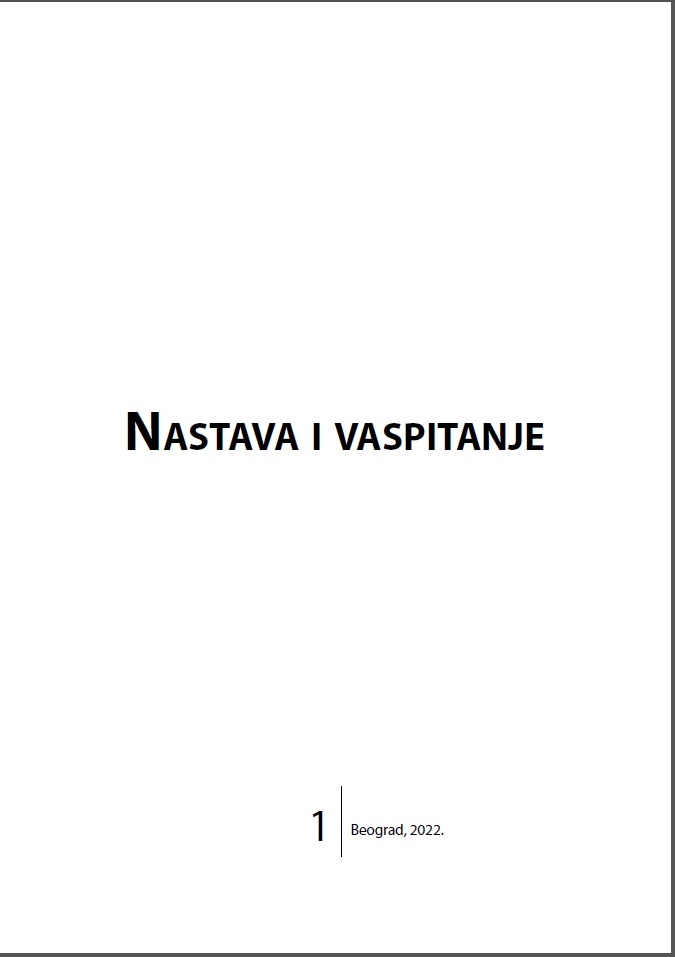Stavovi budućih vaspitača i učitelja o vrednostima i slabostima saradničkog učenјa
Preservice teachers' beliefs about the benefits and drawbacks of collaborative learning
Author(s): Zorica KovačevićSubject(s): Education
Published by: Педагошко друштво Србије
Keywords: collaborative learning; preservice teacher education; preservice teachers; educational beliefs
Summary/Abstract: Contemporary educational reforms across the world recognize collaborative learning as a key educational competency. In the last decade the question of the importance of collaborative learning has been extended to include the context of higher education, particularly preservice teacher education, with the aim of raising the level of expectations for the use of this type of learning in practice. Preservice teachers’ positive beliefs about collaborative learning, developed during their university education, can be crucial since they indicate their predisposition to use this type of learning in their own practice. This paper presents the results of a study which aimed to explore preservice teachers’ beliefs about the benefits and drawbacks of collaborative learning. In the study, the descriptive method and scaling as a research technique were employed. The presented results suggest a certain link between the frequency of engagement in collaborative learning during university studies and preservice teachers’ beliefs about the benefits and drawbacks of this type of learning, and highlight the importance of experiential knowledge which enables preservice teachers to make the transition from learning about collaborative learning to learning through collaborative learning, and to coordinate what they see and do during their education with what they see and do in their teaching practice.
Journal: Nastava i vaspitanje
- Issue Year: 71/2022
- Issue No: 1
- Page Range: 29-46
- Page Count: 18
- Language: Serbian

